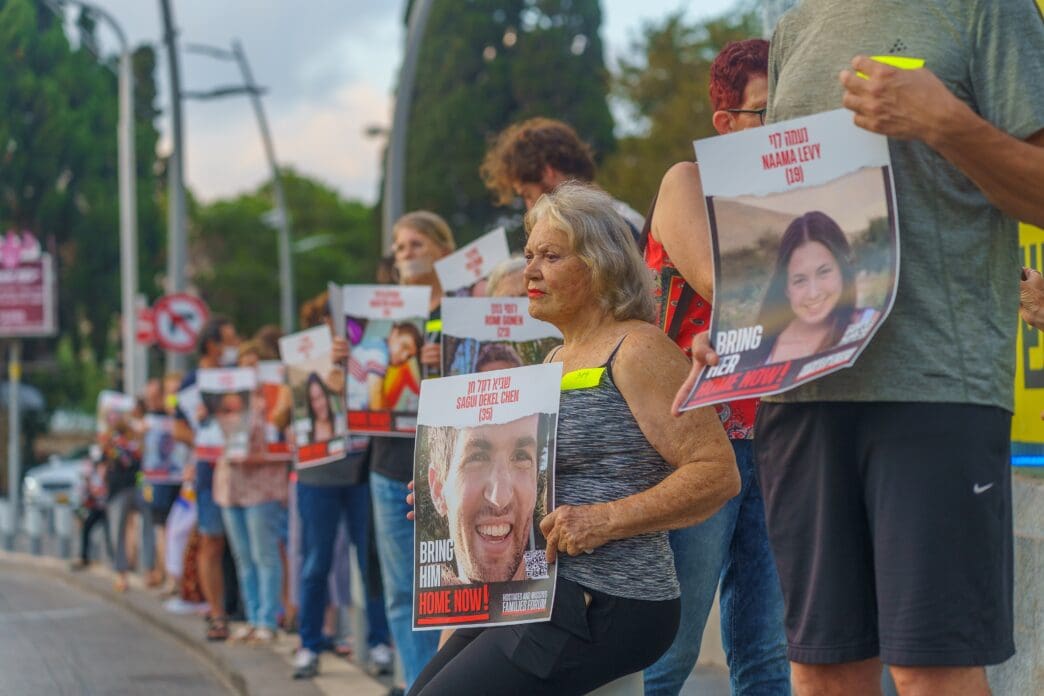Executive Summary
- Ambassador Yossi Amrani urged the European Union to treat Israel with “respect” and cease “meddling” in its internal politics to maintain strong relations and play a meaningful role in the Middle East peace process.
- Tensions between Israel and the EU are escalating due to European accusations of genocide in Gaza, perceived interference through NGOs and political actions, and threats of sanctions, which Israel views as “pressure” rather than negotiation.
- The EU’s strained relationship with Israel and its diverging views have led to its exclusion from recent US-led peace negotiations, notably being sidelined during President Trump’s mid-October Gaza peace summit in Egypt.
The Story So Far
- The strained relationship between Israel and the European Union stems from Israel’s perception of EU “meddling” in its internal politics through various initiatives and political actions, coupled with strong European criticisms of Israel’s military campaign in Gaza, including accusations of genocide and threats of sanctions. This divergence in views and the EU’s perceived attempts to pressure Israel, rather than engage as a respectful partner, have led to the bloc’s exclusion from recent US-led peace negotiations and Israel’s call for more respectful engagement.
Why This Matters
- Israel’s demand for “respect” and an end to perceived EU “meddling” underscores a significant strain in their relationship, which has already led to the EU being sidelined from critical Middle East peace negotiations and threatens its future influence in the region unless its approach to Israel’s internal politics and the Gaza conflict shifts.
Who Thinks What?
- Ambassador Yossi Amrani, representing Israel, believes the European Union should treat his country with “respect,” cease “meddling” in its internal politics, and avoid “pressure” tactics like sanctions or accusations of genocide, which he views as appealing to anti-Israeli sentiments rather than reflecting realities on the ground.
- Several EU member states and high-profile European figures have accused Israel of committing genocide in Gaza, considered imposing sanctions due to its military campaign, and engaged in actions such as recognizing a Palestinian state and promoting a two-state solution, which Israel perceives as interference.
A senior Israeli diplomat has urged the European Union to treat his country with “respect” and cease “meddling” in its internal politics if the bloc wishes to maintain strong relations and play a meaningful role in the Middle East peace process. Ambassador Yossi Amrani, political director at Israel’s foreign ministry, conveyed this message in a recent interview in Brussels, highlighting Israeli frustration with European approaches amid the ongoing conflict in Gaza.
EU-Israel Relations Strain
Amrani emphasized that Israel views itself as a significant regional player and partner, deserving of fair treatment. He criticized European politicians for what he described as attempts to “pressure” Israel through sanctions and other tactics, distinguishing the EU’s approach from that of the United States.
According to Amrani, “The EU is not the United States of America, and I’m not sure the United States, in dealing with Israel, is using the term ‘pressure.’” He asserted that respectful partnership involves discussion and negotiation, not pressure or threats.
European Accusations and Israeli Rejection
Tensions have escalated between Israel and several EU member states, including France, Spain, and Belgium, particularly concerning the war in Gaza. High-profile European figures, such as Commissioners Teresa Ribera of Spain and Hadja Lahbib of Belgium, have publicly suggested that Israel committed genocide in Gaza—an accusation Israel vehemently denies.
Amrani contended that European leaders making such claims are overlooking realities on the ground and instead appealing to anti-Israeli sentiments among their domestic constituencies. While Israel maintains strong bilateral ties with many individual EU countries, its relationship with the bloc as a whole remains strained, partly due to perceived European interference.
Perceived European Interference
The Israeli diplomat pointed to what he termed European “meddling” through NGOs, financial initiatives, and certain political actions. He cited French President Emmanuel Macron’s recent recognition of a Palestinian state and organization of conferences promoting a two-state solution as examples that have angered Israel.
Before President Donald Trump brokered a ceasefire between Israel and Hamas earlier this month, the EU had reportedly threatened to impose sanctions on Israel. This was in response to what many European leaders characterized as a disproportionate military campaign in Gaza, launched after the deadly Hamas attacks of October 7, 2023. Israel’s offensive has resulted in tens of thousands of Gazan casualties and widespread destruction in the densely populated territory.
EU Sidelined in Peace Talks
The diverging views between Europe and Israel over the conflict have also led to the EU’s exclusion from recent US-led peace negotiations. Amrani noted that neither the EU nor any of its member states played a role in these talks, a point symbolically underscored during President Trump’s mid-October visit to Egypt for a Gaza peace summit.
Referring to the “family photo” from the Sharm El Sheikh summit, Amrani remarked that European leaders were relegated to the fringes, serving as “decoration on a picture,” which he described as an important message about who was driving the process.
Path Forward for Relations
To mend the Israeli-European relationship, Amrani called on EU leaders to “speak beyond domestic politics and show moral clarity and political leadership.” He urged them to take a firm stance against those who accuse Israel of genocide, advocating for a more principled and less domestically driven approach to foreign policy.








